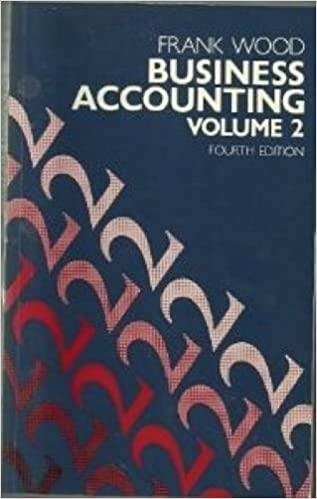When companies struggle with thin (or narrowing) margin, cost-cutting initiatives draw more attention from the managers. Even with robust economic growth, companies are often pressed
When companies struggle with thin (or narrowing) margin, cost-cutting initiatives draw more attention from the managers. Even with robust economic growth, companies are often pressed to reduce their cost base by eliminating waste and use it to fund growth.
Recently, a peanut butter and jam maker, Smucker's , has relied on a budgeting technique called, "Zero-Based Budgeting" (ZBB) for its cost-saving effort; and Welch's
, has relied on a budgeting technique called, "Zero-Based Budgeting" (ZBB) for its cost-saving effort; and Welch's and Walgreens
and Walgreens also follow the suit.
also follow the suit.
By applying the ZBB method, Smucker's is expecting to save about $50 million in two years and Walgreen is expecting to cut $1 billion in annual costs.
Please read the attached articles on Smucker's, Welch's and Walgreens' and answer the following questions and post your answers on the forum.
Questions
- What is zero-based budgeting?
- How does Walgreens' expect that it will save $1 billion per year by using zero-based budgeting?
- What are some potential drawbacks to Smuckers' or Welch's from its use of zero-based budgeting?
Step by Step Solution
There are 3 Steps involved in it
Step: 1

See step-by-step solutions with expert insights and AI powered tools for academic success
Step: 2

Step: 3

Ace Your Homework with AI
Get the answers you need in no time with our AI-driven, step-by-step assistance
Get Started


